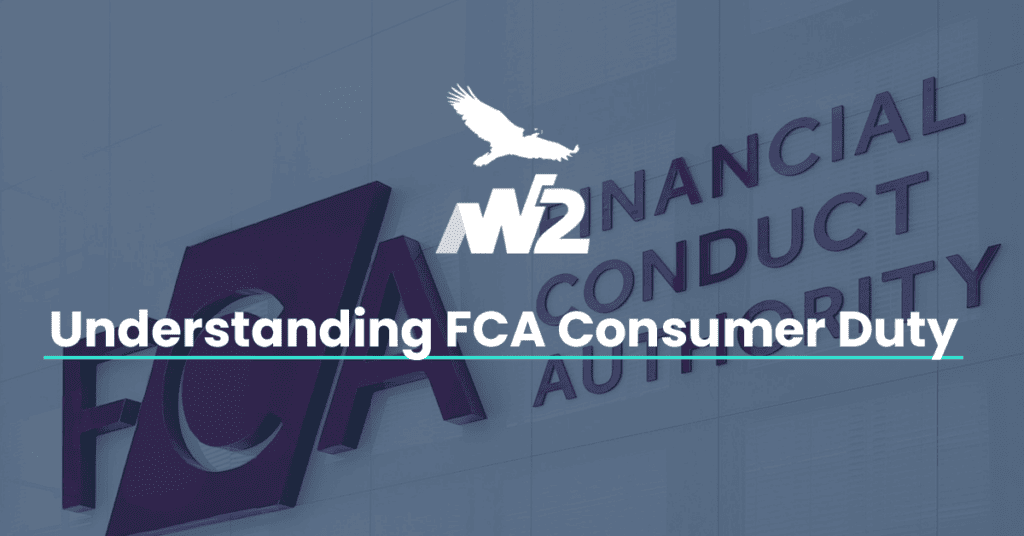In the realm of financial services in the UK, the FCA (Financial Conduct Authority) plays a pivotal role in safeguarding consumers’ interests and ensuring fair treatment. To strengthen this commitment further, the FCA introduced the “FCA Consumer Duty,” a set of guidelines aimed at enhancing consumer protection and promoting better outcomes for individuals engaging with financial products and services. In this blog, we will delve into the essence of FCA Consumer Duty, understand its implications, and explore how to perform it effectively.
What is FCA Consumer Duty?
The FCA Consumer Duty is a regulatory framework designed to put the interests of consumers at the heart of the financial industry. Launched in response to the evolving financial landscape, it seeks to embed a higher level of consumer protection across all financial products and services. The primary focus is on providing consumers with products that meet their needs, treating them fairly, and ensuring they are well-informed to make sound financial decisions.
Key Elements
To better understand the new regulatory framework, let’s break down its key elements:
1. Consumer’s Best Interest: Financial firms are now obligated to act in the best interests of their consumers, prioritizing their needs while recommending products or services. This means tailoring financial solutions that align with individual circumstances, risk appetite, and long-term goals.
2. Duty of Care: The FCA Consumer Duty introduces a duty of care, requiring financial firms to exercise reasonable skill and care in their interactions with consumers. Firms must act diligently, ensuring consumers are provided with appropriate advice and suitable products.
3. Communications and Disclosure: Transparency is a cornerstone of the FCA Consumer Duty. Financial firms must ensure that communications with consumers are clear, fair, and not misleading. All vital information, including fees, charges, and potential risks, must be disclosed in a straightforward manner.
4. Product Governance: FCA Consumer Duty stresses that firms must design and distribute financial products that meet consumers’ needs and are suitable for their target audience. Regular reviews of product performance and consumer feedback are encouraged to make necessary improvements.
How to Comply
1. Understand Your Consumers: Start by gaining a deep understanding of your consumers, their financial goals, and risk tolerance. Utilise surveys, focus groups, and data analytics to gain insights into their preferences and behaviours.
2. Provide Tailored Advice: Offer personalized advice and financial solutions to your consumers. Avoid the one-size-fits-all approach and consider each individual’s unique circumstances.
3. Regular Training and Compliance: Ensure that your staff is well-trained on the FCA guidelines and compliance requirements. Regular training programs will keep your employees informed about the latest developments.
4. Transparent Communication: Communicate clearly and transparently with consumers. Disclose all essential information related to products, services, fees, and potential risks to help consumers make well-informed decisions.
5. Product Monitoring and Governance: Implement robust product monitoring and governance processes. Regularly review product performance, gather customer feedback, and make necessary improvements to enhance consumer outcomes.
Conclusion: The updated regulation is a significant step forward in bolstering consumer protection in the UK’s financial sector. By placing consumers’ best interests at the core of financial services, the FCA aims to create a more trustworthy and consumer-friendly environment. Adhering to the FCA Consumer Duty not only ensures compliance but also builds a solid foundation for lasting customer relationships and business success.
Understanding and performing the FCA Consumer Duty is not just a legal obligation but a commitment to fostering a culture of consumer-centricity and ethical financial practices. Embrace this duty, and together, the financial services industry can shape a more transparent and consumer-friendly financial landscape.
If you are concerned about how the FCA Consumer Duty will impact your compliance protocols, contact us today and a member of the team will be on hand to assist.

